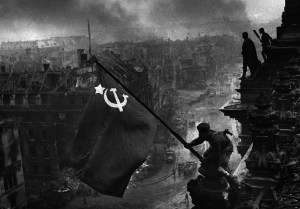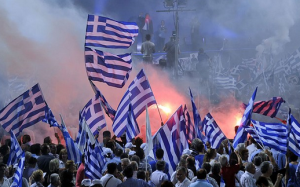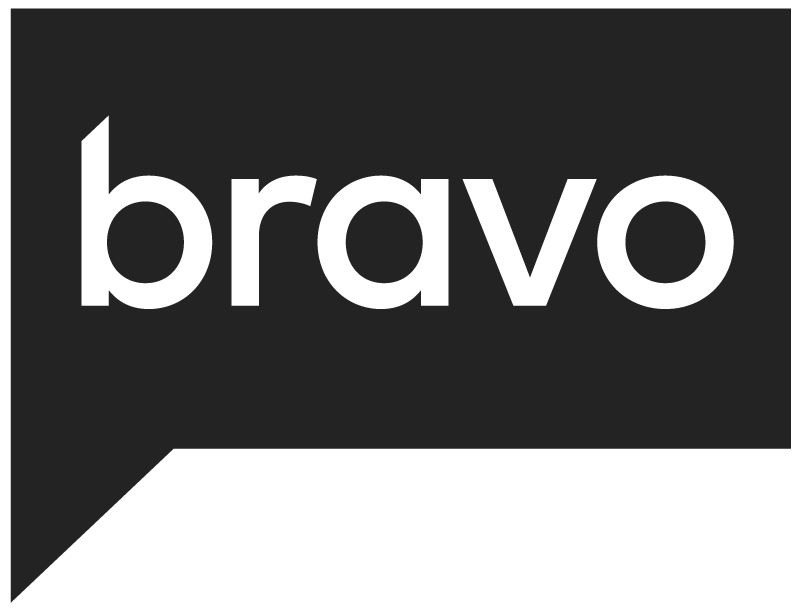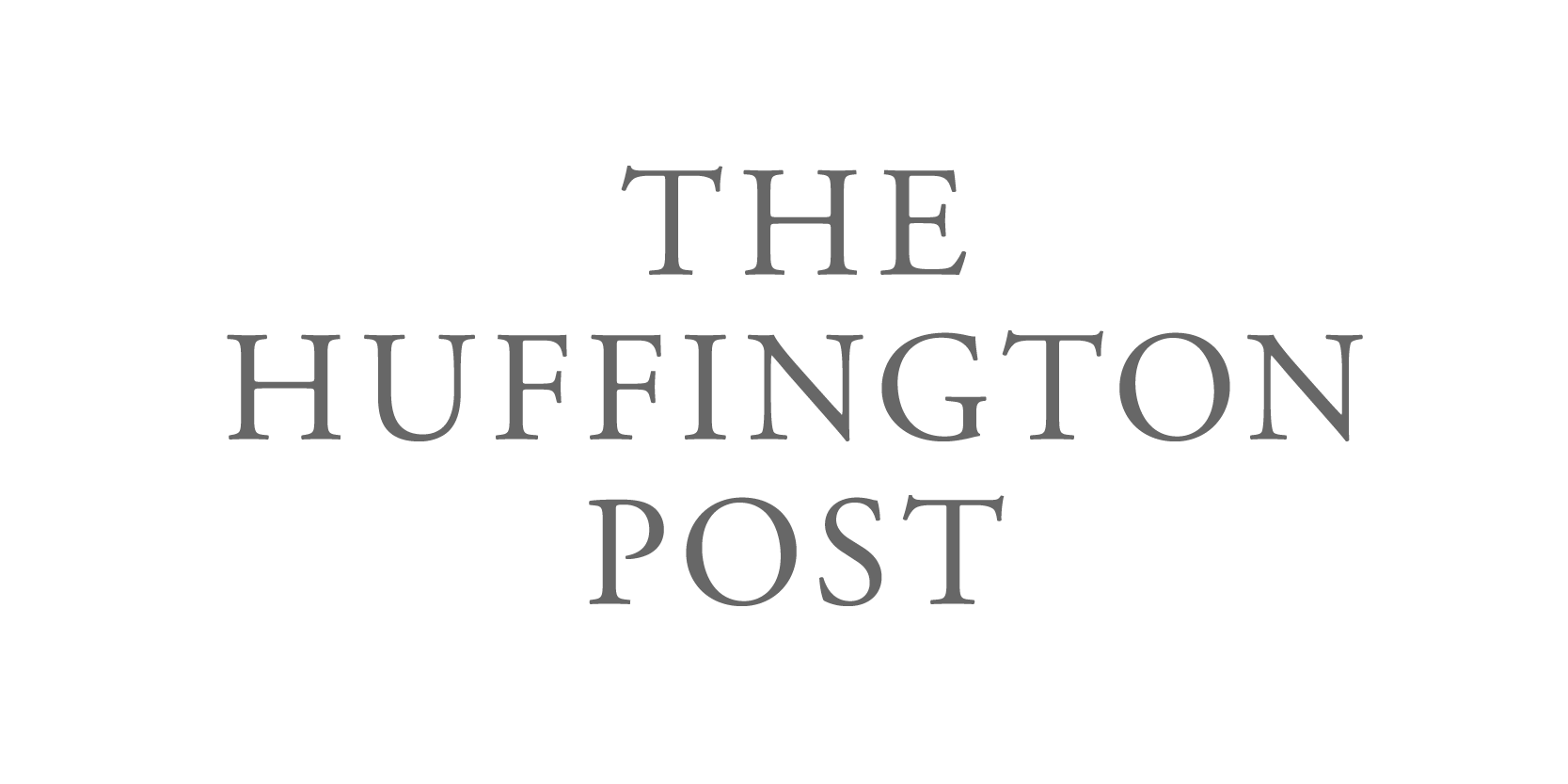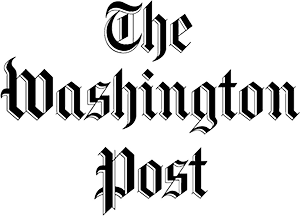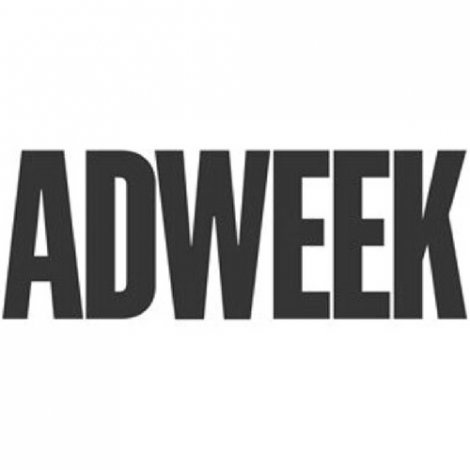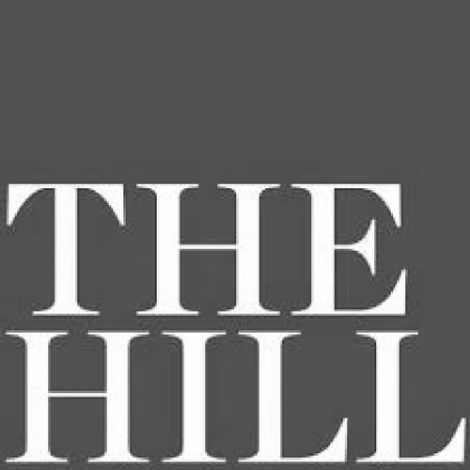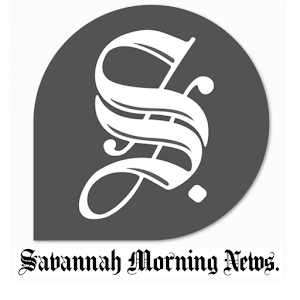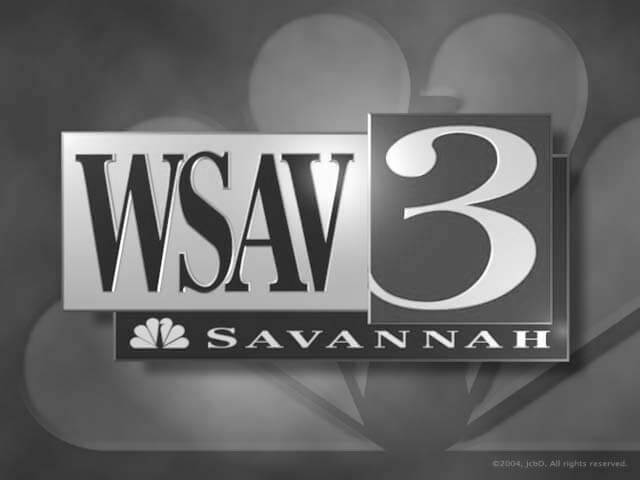The Great Patriotic War
The Western image of World War II, particularly the American one, is one of a conflict that we won, whether at Normandy or Iwo Jima, through the help of such men as George S. Patton, Dwight D. Eisenhower and Winston Churchill, or thanks to such weapons as the atomic bomb. In Russia, however, World War II, or as they call it, “The Great Patriotic War”, is portrayed in a vastly different light. This past Saturday marked the 70th annual “Victory Day” in Russia. It marked one of Moscow’s largest military parades ever, with more than 16,000 troops, 140 aircraft and 190 armored vehicles, including the debut of Russia’s brand new next-generation tank. Unfortunately, few of the world’s major leaders were in attendance, and much of western media didn’t pay much attention to it, except to laugh when something didn’t go right.
Unfortunately, current tensions between Russia and much of the West have obscured the scale of what the Soviets are commemorating with Victory Day; starting in 1941, the Soviet Union bore the brunt of the Nazi offensive, and played a major role in the defeat of Hitler. By one calculation, for every single American soldier killed fighting the Germans, the Soviets lost 80. In the same vein, roughly three quarters of Germany’s casualties in World War II occurred on its eastern front. While the Russians emerged victorious, it was at an extremely high cost of life; an estimated 26 million Soviet citizens died during World War II, 11 million of those being soldiers.
The epic, brutal battles that rolled back the Nazi advance in the Soviet Union, such as the brutal winter siege of Stalingrad and the clash of thousands of armored vehicles at Kursk, had no parallel on the Western Front. Unlike the US, where the war was fought on distant shores, for the Soviet Union, it was fought in their own backyard, against a foe who viewed the Communist Russians as an ethnically, ideologically and politically inferior people, who deserved to be reduced to servitude and ultimate extermination. Hitler viewed Eastern Europe as “lebensraum”, land that needed to be cleared of “inferior” Slavic peoples so that it could be settled by the German race. Therefore, the Soviet Union’s success at pushing back the German onslaught not only meant their victory against the Nazis, but its peoples’ very survival.
By 1943, the Soviet Union had already lost some 5 million soldiers, as well as two-thirds of its industrial capacity, to the Nazis. Yet they were still able to turn back the German invasion and march onto Berlin, a testament to the courage and tenacity of the Soviet war effort. Even before the start of World War II, the Soviet Union under Stalin had the blood of millions on its hands. In the 8 years leading up to World War II, some four million people were shot or starved to death in Ukraine, Belarus and the Leningrad district through the Stalinist purges. However, the Germans managed to starve and shoot even more Russians in half the time. Between 1933 and 1945 in the “bloodlands”, that territory on the Geman-Soviet border, some 14 million civilians were killed. By some accounts, 60 percent of Soviet households lost a member of their nuclear family. Unfortunately, many of the countries that were conquered by the Nazis were subsequently occupied by the Soviets, often with matching brutality, and many have found it hard to separate the Soviet victory from the decades of Cold War domination in that triumph’s aftermath.
Greece Bridge Loan
At a conference call meant to tap the EU’s EFSM emergency fund, Eurozone ministers have recently agreed to give Greece a €7 billion “bridge” loan from an EU-wide fund to keep the country’s finances afloat until a bailout is finally approved. This loan is expected to be confirmed by the European Commission tomorrow, when it will be voted on in the EU Council. Talks on this emergency funding started after the Greek parliament passed a series of tough austerity reforms in a vote late last night. According to correspondents, this should open the way for emergency funding for Greek banks, allowing them to reopen after being closed for nearly three weeks.
Separately, the European Central Bank (ECB) is considering easing a funding crackdown on Greek banks, although correspondents say that a decision might not be immediate. This Monday, Eurozone leaders agreed on the bailout in principle, on the condition that the Greek parliament passed reforms on taxation increases and pension curbs by yesterday. Greek Prime Minister Alexis Tsipras won the parliamentary vote by 229 votes to 64, although he needed the support of opposition MPs to do so. Despite the fact that his left-wing Syriza-led government lost its majority, it’s expected that his government will survive. This paves the way for eurozone finance ministers to open detailed tasks on the bailout, which could be worth up to €86 billion. Earlier today, Finland’s parliament approved the bailout talks, while Germany’s parliament is due to vote on the deal tomorrow. German Finance Minister Wolfgang Schaeuble has said that he’d submit a request for parliament to reopen negotiations on the third bailout with “full conviction”.
Passionate opposition to Tsipra’s reforms has come from within his own Syriza party; parliamentary speaker Zoe Constantopoulou referred to the measures as “social genocide”, while former Finance Minister Yanis Varoufakis said that he was “forced to accept them”. In the meanwhile, the situation in Greece has been anything from ideal; since capital controls were imposed and the banks shut in late June, the Greeks have been limited to withdrawing €60 a day. By July 22, Greece needs to commit to a major overhaul of the civil justice system; it has to agree to more privatization, to review collective bargaining and industrial action and make market reforms. Earlier today, a vote approved an increase in luxury taxes, an increase in corporation tax from 26% to 29% for small companies, increasing the retirement age to 67 and VAT changes.
About Nelson Lewis
An exposure to politics at a young age had a profound effect on media maven Nelson Lewis, who worked as a volunteer for numerous Republican politicians in and around his native Savannah. Nelson worked as a reporter and eventually anchor at two Savannah television stations growing up, WJCL ABC-22 and WTGS FOX-28, also recording voice teasers for airing on Fridays on WJCL-FM KIX 96 and previewing his upcoming stories, which aired on the Sunday evening news.
One of Nelson’s favorite experiences at WJCL was reporting live from the St. Patrick’s Day Parade (America’s second largest) from 1998-2000. Continuing in the spirit of his grandfather’s pioneering and trailblazing footsteps (he was the first to bring all-color television and stereo to the Savannah market), Nelson became the first person in Savannah market to bring a kid’s perspective to local news as its first youth reporter. In fact, one of the competing stations, WSAV NBC-3 hired their own youth reporter, Sean Champion, 18 months after Nelson began his reports and WJCL/TGS’s ratings dramatically increased.
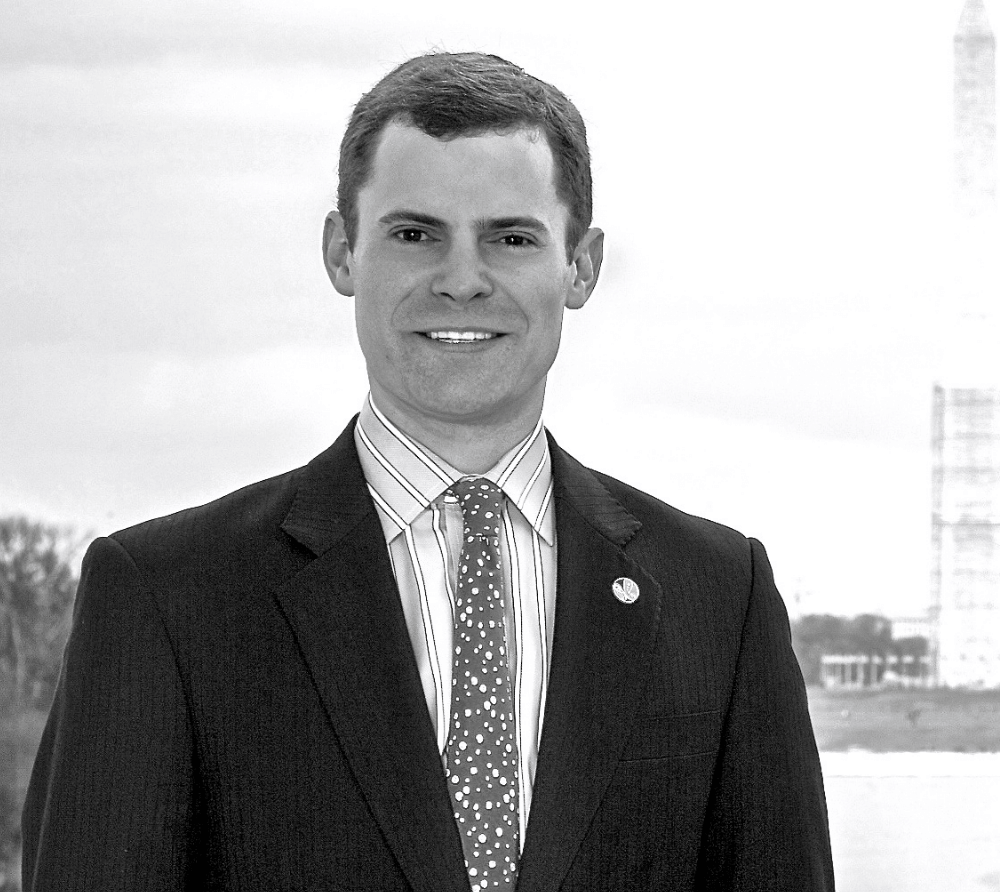
Work In Political Media
While a sophomore and junior at Lynn University, Nelson Lewis hosted “Politijam”, a lively political debate show that became well known across the university campus and served as the media editor of the univeristy’s weekly EPulse newspaper. While at Lynn, Nelson was selected to represent the entire undergraduate student population as a member of Lynn University’s Academic Task Force, charged with the duty of streamlining the core curriculum of the universities.
While attending Lynn’s College of International Communication, Nelson developed a friendship with Irving R. Levine, a well-known and nationally recognized correspondent for NBC News who became the network’s first full time economics correspondent, and was the creator of the precursor to CNBC. After a 45-year career in journalism, Levine went on to become Dean of Lynn’s communication program. After finishing college, Nelson Lewis followed Levine’s suggestion and moved to Washington, DC where his first job was as a press intern for a Republican congressman, which then led to a job booking at the Fox News Channel from 2006-2010. Here, he was able to put his love of politics and interest in the Republican Party to good use.
Upon the suggestion of Mr. Levine, Nelson Lewis enrolled in the Masters of Professional Studies in Journalism (International Politics) program at Georgetown University in 2009, where a special emphasis was placed on the dissolution of America’s Fairness Doctrine and on the major player in its demise, Bruce Fein.
Nelson was honored to be invited to speak at a roast honoring Levine’s 2009 death at the National Press Club, where he spoke alongside Levine family members and contemporaries such as former Meet the Press Moderator Marvin Kalb. He subsequently wrote a letter to the editor published in The Hill newspaper eulogizing Levine as a “top-notch raconteur” who many others have tried to emulate.
From his work at Fox News, Nelson Lewis was able to take a firsthand role in the DC journalism scene, and was blessed with the opportunity of meeting entertainment, political, and academic luminaries on a daily basis, including numerous sitting and former representatives, senators, governors and cabinet secretaries. These unique experiences gave Nelson a front row seat to many historic events and gave him a firsthand experience of how the Washington system works, from how laws are created to how news is made.
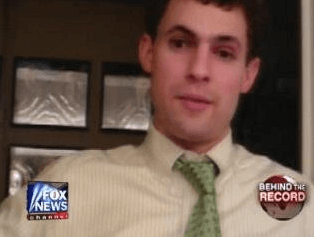
Through Nelson Lewis’ work creating Her Golf Network, coupled with his extensive booking experiences in segment producing gained at America’s highest rated cable news channel and through his time performing key internships at places such as WPBT’s Nightly Business Report in Miami, where he honed his scriptwriting skills, and at WTOC in Savannah, where he provided copyediting and on-site production assistance at the 2004 Sea Island G-8 summit, have provided him with a solid foundation and understanding of the news business. His time as a reporter/anchor growing up prior to his undergraduate studies helped him get an early start at doing what he loves most, reporting.
